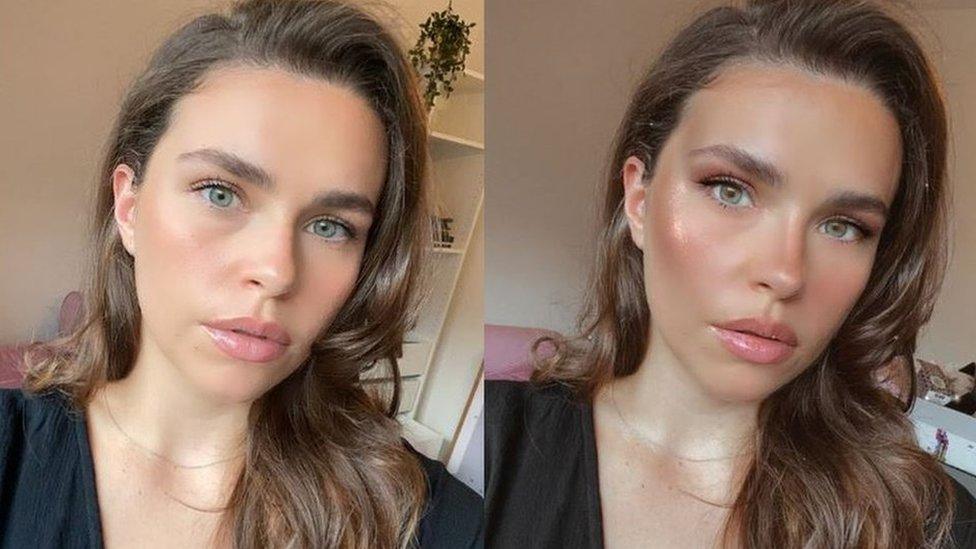Mental health: Altered images on social media 'detrimental'
- Published

The use of filters and manipulated images on social media is "so detrimental to mental health", says Lara Philippart
Social media adverts must clearly state the use of manipulated images because of the risk to people's mental health, campaigners have said.
Postgraduate student Lara Philippart, from Swansea, said she began a petition after social media caused her anxiety about her body.
The 24-year-old began researching the topic as part of a master's degree.
"I realised the extent of which people are affected by social media," she said.
She feared people were "under-eating" in a bid to look like unachievable images, created with filters, and it struck her something "needs to be done".
"It's so detrimental to mental health because you're looking at something that isn't real, but your brain sees it as real," she said.
It was announced in Norway last month a law would come into force to stop influencers posting modified photos without declaring what they have done.

Lara Philippart started a petition after social media made her anxious about her own body
A study by London's City University found 90% of women surveyed would edit pictures to reshape their nose or jaw, brighten their teeth or alter their waist before posting on social media.
Psychologist Dr Nia Williams said seeing edited images on social media could have a negative impact on mental health.
"These images are around us day and night now, and can cause us to compare ourselves to other people," she said.
"If we see ourselves not looking as perfect as an image online, then it can have a negative impact on young people's self-confidence and self-image".
She said a recent study showed 55% of people who were getting treatment to alter their looks asked for work that would make them look better in selfies.
Newyddion S4C has spoken to bosses of clinics offering non-surgical beauty treatment across Wales.
They said more young women have been asking for treatment like botox in recent years.
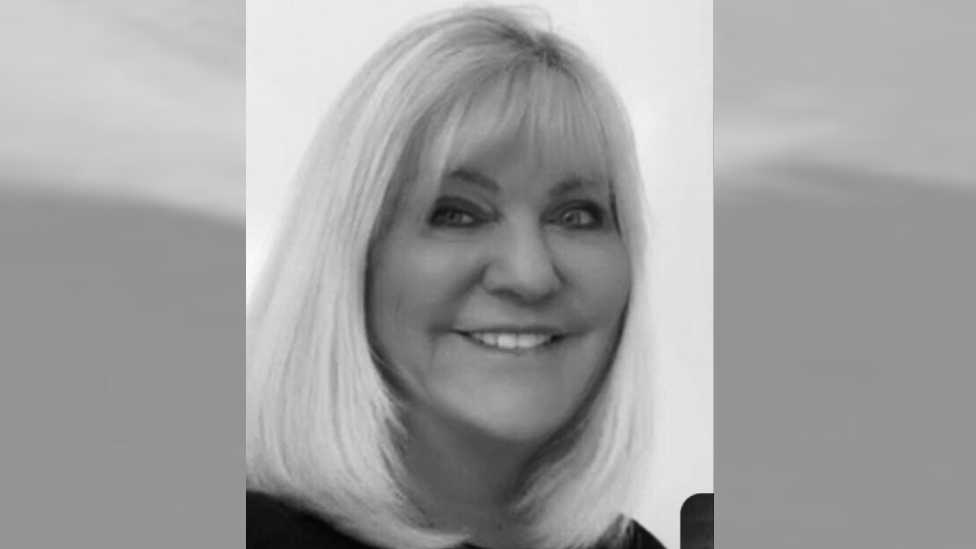
"I've had girls as young as 16... bringing in photos and asking for treatment to change facial features," says Jane Laferla
Jane Laferla, of Cardiff's Laferla Medical Cosmetics, said the number of young people asking to look like they do in edited selfies, or like someone else, had increased dramatically.
She said it had become worse during lockdown.
"It's a huge problem impacting the mental health of young people," she explained.
"I've had girls as young as 16, sometimes even younger, bringing in photos and asking for treatment to change facial features."
Ms Laferla added: "It's really sad. Adverts for aesthetic treatment on social media, such as the Kardashian look, are breeding insecurities and impacting on mental health. It can be toxic for vulnerable young people."
She claimed she was seeing more people "exhibiting signs of body dysmorphic disorder".
"Aesthetic treatments are not the answer, they need professional psychological support," she said.
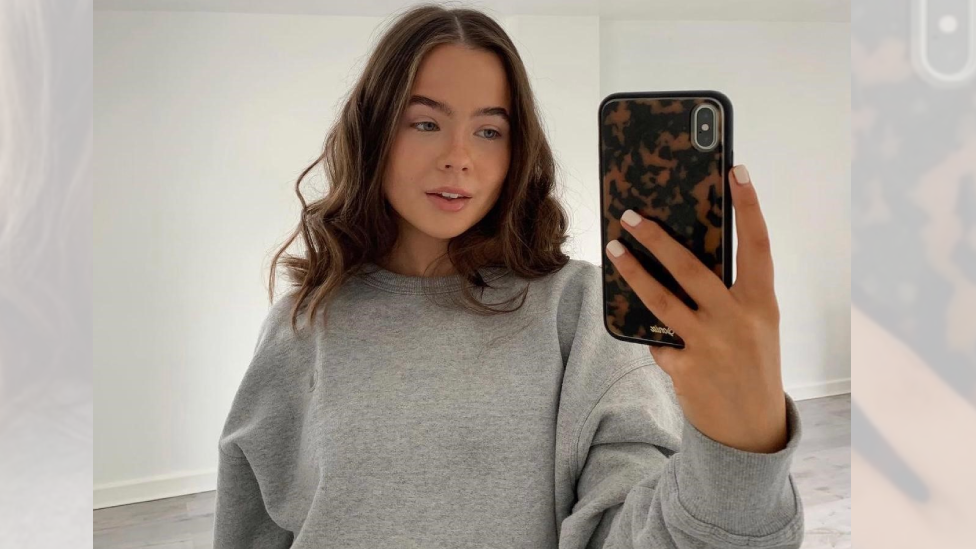
Seren Taylor says it "can be very harmful to mental health if you see pictures that don't reflect everyday life every day"
Seren Taylor, of Hengoed, Caerphilly, said the pandemic had made social media more of a problem.
"Sometimes I spend seven to eight hours a day online, especially if I'm at home like we have been during the pandemic," the 19-year-old said.
"It can be very harmful to mental health if you see pictures that don't reflect everyday life every day."
In the long-term, she said this could make "you question your appearance more often".
Ms Taylor added: "With the filters that change your lips, and the size of your eyes and head, it makes young people question 'if this is the ideal, then what is beauty and how do I compare?'
"You just question yourself and this really does affect your mental health."
'Tough' laws
The UK government said it was bringing in "tough" laws to force social media firms to protect users from content that could affect their health.
A spokesman said: "We will also examine the role of advertising in disseminating harmful content. The results will be published later this year."
The Advertising Standards Authority said there have been rules about social media filters, external "for a long time".
A spokesman added: "Filters must not exaggerate the efficacy of a product, and we advise influencers and advertisers to avoid applying filters which are directly relevant to the product being advertised."
If you or someone you know has been affected by the issues raised in this article, you can find information on available support at BBC Action Line.

YOUNG WELSH AND BOSSIN' IT: Meet the young, Welsh entrepreneurs who've been bossin' it through lockdown
WHEN NUDES ARE STOLEN: Former glamour model Jess Davies uncovers the hidden trade in nude photographs

- Published28 July 2021
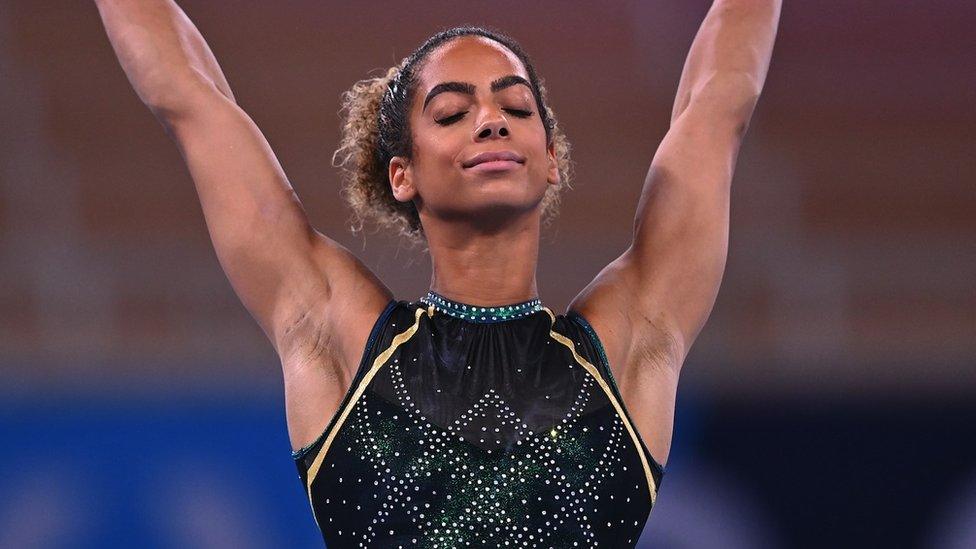
- Published9 July 2021

- Published6 July 2021
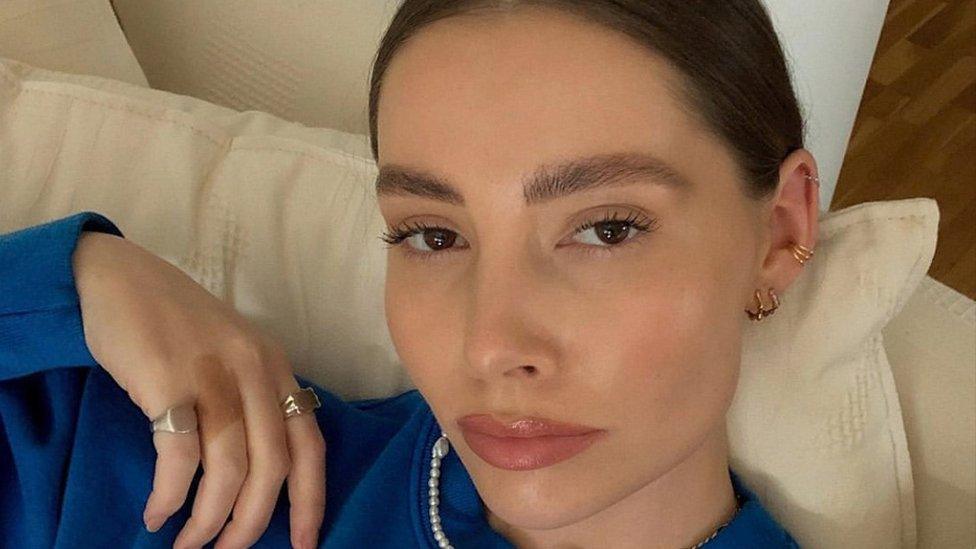
- Published1 June 2021
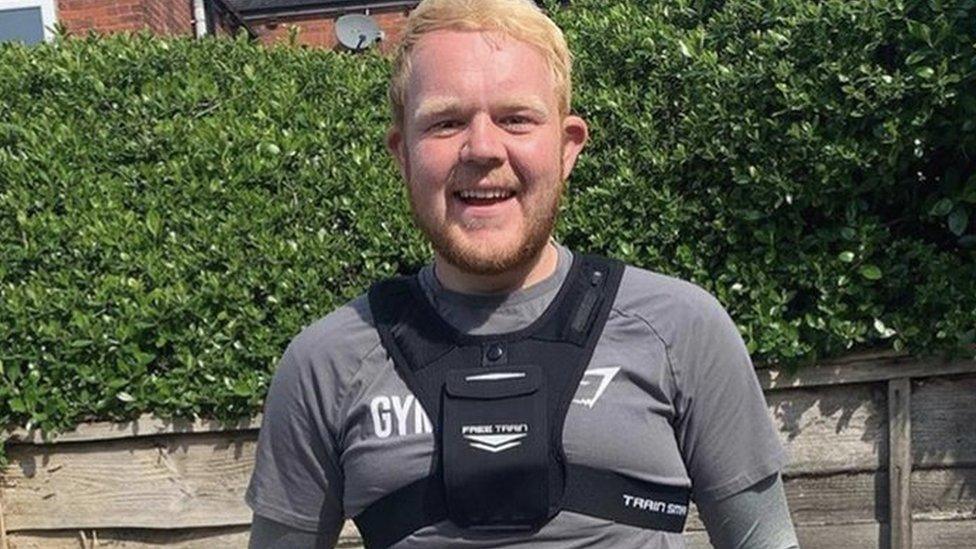
- Published3 May 2021

- Published3 February 2021
